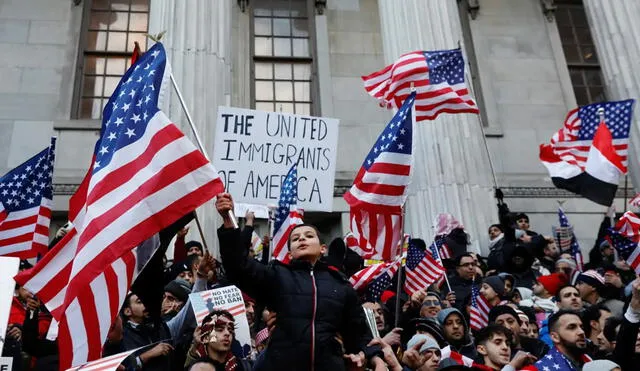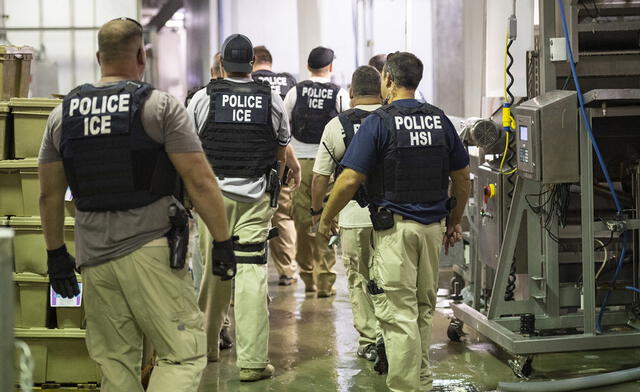What are sanctuary cities in the United States, and how do they work?
ICE's actions in cities such as Los Angeles generated massive protests in opposition to the president's policies.

During Donald Trump's administration, the president targeted certain cities for their policies against Immigration and Customs Enforcement (ICE) raids. These are called "Sanctuary Cities," and according to the Center for Immigration Studies, there are more than 170 in 12 states.
The ICE efforts to carry out their raids in cities like Los Angeles originated massive protests, where people opposed Trump's policies. These include the reallocation of 1,000 FBI agents to only search for undocumented immigrants and the deployment of military forces to stop the protests.
What is a sanctuary city?
There is no official definition, as there is no legislation that named them. But, in general, these cities are jurisdictions that prioritize the safety and well-being of their residents. They do this by limiting their authorities' cooperation with federal immigration agencies.
These policies are often adopted in areas with large immigrant populations, like Los Angeles and New York. While the raids are focused on neighborhoods and workplaces, their city halls implemented sanctuary policies to prevent their local efforts and resources from being used against their migrant communities.

ICE is aming sanctuary cities, by increase the raids focusing on neighborhoods and workplaces. Photo: AFP News
How do sanctuary cities work?
Sanctuary cities implement a wide variety of policies and practices to defend their non-citizen populations. Some jurisdictions approve ordinances that forbid agreements between their local enforcement and ICE. In New York City, there is an executive order that prohibits local police from asking detainees about their immigration status unless it is directly relevant to the investigation.
Sanctuary policies are completely legal and in compliance with federal law. However, federal actions intended to force local jurisdictions to collaborate with them are unconstitutional. According to the 10th Amendment of the U.S. Constitution, powers not delegated to the federal government are reserved to the states or to the people. Courts have ruled against efforts to force states to participate in immigration enforcement.













